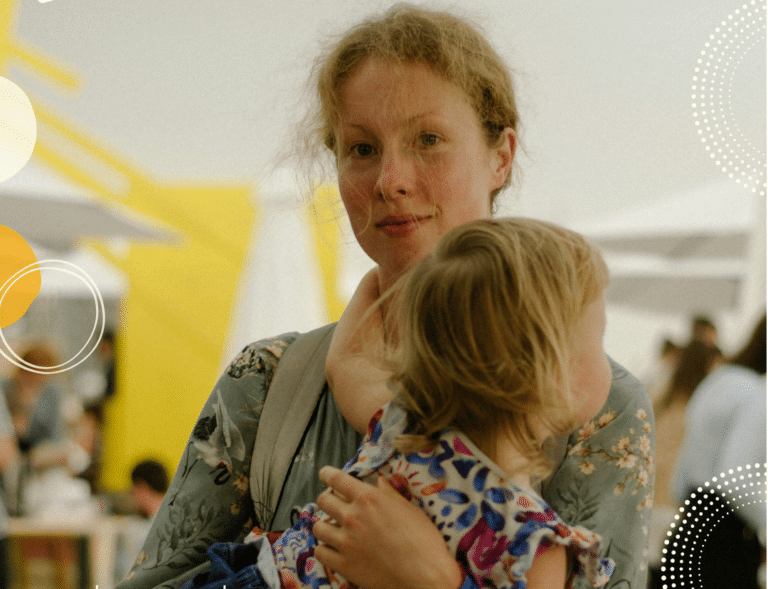Talking to children about money and the cost of living
Tips for talking to children about money and the cost of living crisis
With the current economic crisis, families are faced with difficult choices about household finances. Parents are having to say no to children’s requests more often. And, with Christmas coming up, that’s only going to get worse. As much as we would like to protect children from worry, everyone’s lives are likely to be impacted so it’s important that we communicate clearly. Here are my top tips for talking to children about money and the cost of living crisis.
Be direct and honest
Talking to children about money and the cost of living means just that: talking. Don’t try to shield your children from money concerns completely. If you are stressed or worried, your children will pick up on that. So, be direct and honest and keep it simple. Explain that lots of the prices have gone up and that means we don’t have as much money to spend as we used to.
Focus on positive things children can do
Give children concrete actions that will help. Such as turning off lights and closing doors. Older children could do some research on cheap tasty recipes or days out that don’t cost any money. Explain that these actions will really help you to make the money go further . And emphasise the positives of new habits – snuggling under blankets can be fun!
Give concrete explanations
Younger children can’t really understand the concept of money. So, when you are talking to children about money, try to use concrete explanations. You can talk about the difference between ‘needs’ and ‘wants’. We need food to fuel our bodies. We want sweets and biscuits. Or, you could get a handful of chocolate buttons. Explain that money is like chocolate buttons. If you eat a chocolate button, you can’t get it back again, it has gone. (Let them eat one to make your point!). Money is the same. If we spend money on one thing, it has gone and we can’t use it again.
Involve older children in decisions
With older children, you might want to involve them in decision-making. If there are choices to be made, sit down and have a family meeting to talk things through. If there is £10 a month to spend on a family luxury, what would they value most? Or, perhaps you could come up with a plan together as a family about how to make Christmas cheaper but still fun this year?
Manage your guilt feelings
The truth is that even if you had an unlimited amount of money, children would still want things they can’t have. Saying no is uncomfortable but it is an inevitable part of being a parent. When you have to tell children they can’t have things they might want, or you need to make changes that children don’t like, try not to let guilt overwhelm you. Stay calm and be consistent – we often have to repeat ourselves a few times before children accept an answer they don’t like, that’s ok. Always remember, it’s your love and presence (not presents) that children need.
If children are disappointed that they can’t have something or go somewhere due to money constraints, use some empathetic listening. I know you’re really disappointed that you can’t go. I know you were really looking forward to it. You may not be able to fix things to be the way they want, but just by listening and acknowledging their feelings we can help children feel supported.
Don’t have heated discussions in front of the children
Talking to children about money or the cost of living crisis is a good idea as long as we keep it calm and focused on positive actions. When discussions get heated, these can worry or even frighten children. If you and your partner need to bash out a new household budget or debate the merits of a particular piece of expenditure and the discussion is likely to get heated or emotional, do it when the kids aren’t listening.
Manage worries proactively
If your child is anxious, reach out for some support (see these tips from Young Minds on where to go). And remember to look after yourself too. These are stressful times for parents so get into good habits of looking after your wellbeing with a few minutes of small bitesized self-care as often as possible.
If you have already cut back on all the wants and are struggling to meet your family’s needs, please reach out for help via Citizens Advice.
You might also like to read: How to be a resilient family






